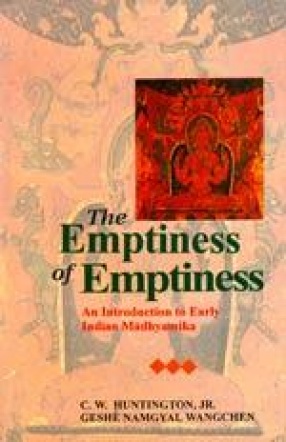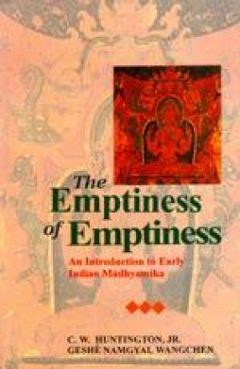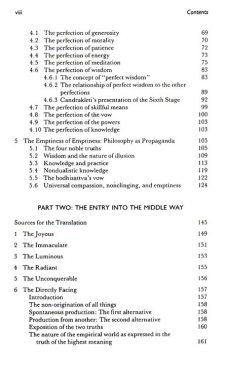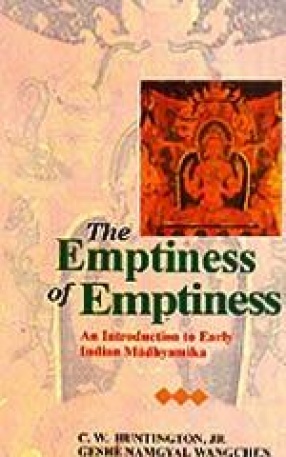The Madhyamika or Middle Way, a school of Buddhist thought that originated in India in the second or third century, was a decisive influence on the subsequent development of Mahayana Buddhism. In a new approach to its study, The emptiness of Emptiness reconsiders the central doctrine of emptiness and shows that the Madhyamika critique of all philosophical views is both subtler and more radical that most Western interpretations indicate. Building on earlier research into Sanskrit and Tibetan sources, the present work also examines the assumptions that have governed the study of Asian soteriological philosophy. In assessing the philosophical significance of the Madhyamika, the author demonstrates that the thrust toward a self-critical awareness of methodological pre-suppositiins lies at the very heart of early Indian Madhyamika. In this analysis, the self-deconstructing categories of Nagarjuna and his immediate followers emerge as an edifying philosophy that may have a great deal to offer to discussion of the related problems of objectivity and relativism – issues crucial to current philosophical conversation in the West. The volume also contains the first complete English translation of Candrakirti’s Madhyamakavatara (The Entry into the Middle Way), with extensive exegetical and text-critical notes.
The Emptiness of Emptiness: An Introduction to Early Indian Madhyamika
In stock
Free & Quick Delivery Worldwide
Bibliographic information
Title
The Emptiness of Emptiness: An Introduction to Early Indian Madhyamika
Author
Edition
Reprint.
Publisher
ISBN
9788120808140
Length
xvi+287p., Notes; Bibliography; Index; 23cm.
Subjects











There are no reviews yet.